BYD says it isn't looking to offer any electric vehicles in the $20k-$30k bracket, telling media it will leave the Seagull and other cheaper electric vehicles in China.
BYD's Seagull was unveiled this year as the Chinese brand's smallest and cheapest EV, converting to less than $20k Australian dollars.
Roughly the size of a Japanese kei car, like the Nissan Sakura, the Seagull measures just 3780mm long and 1715mm wide, but, thanks to a choice of 30kWh or 38kWh battery packs, it will drive up to 405km between charges.
Those specs would make it a competitive proposition in Australia, but BYD locally says it has little interest in racing towards the entry level of the market, saying it instead wants to position itself as offering "affordable luxury".
Asked whether the brand could see itself selling a vehicle for $25k in Australia, EVDirect's Luke Todd replied:
"We have a product in the Seagull that is potentially in that category, but bringing it to Australia at the moment is not something that we're not focused on.
"Affordable, quality and luxury is what BYD is focused on and what we've delivered so far.
"It's affordable luxury. We're setting new benchmarks in Australia, you've just driven the Atto 3, you've seen the other vehicles. The quality of the vehicles is not representative of the price, in a positive way, and we look to continue to have that same outcome with every vehicle that we bring to Australia."
Mr Todd's words suggest BYD won't be targeting price points below the Dolphin – which starts at less than $40,000 – and will instead focus on vehicles that offer the same proposition as the incoming Seal, which competes with the Tesla Model 3 on everything but price.
Expect a new BYD mid-size SUV and dual-cab ute to be the next two vehicles the brand launches in Australia - as plug-in hybrids rather than BEVs - as the brand continues to target Toyota in the hope of claiming the Japanese giant's number-one sales crown by 2030.
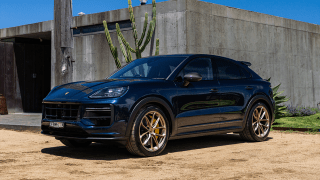
 "Thousands of customers are going to get a...
"Thousands of customers are going to get a...
 It's the new Holden vs Ford fight! Toyota...
It's the new Holden vs Ford fight! Toyota...
 It's Tundra time at last, Australia! Toyota's...
It's Tundra time at last, Australia! Toyota's...
 An alternative to electric cars: Can hydrogen...
An alternative to electric cars: Can hydrogen...
 Cheap hybrid SUV exclusive! Dacia Duster...
Cheap hybrid SUV exclusive! Dacia Duster...
 Don't order that Mazda CX-3 just yet: Shock...
Don't order that Mazda CX-3 just yet: Shock...
 Spied! 2024 Audi Q5 and Audi A5 spotted...
Spied! 2024 Audi Q5 and Audi A5 spotted...
 Look out, Kia Carnival: Mitsubishi Delica...
Look out, Kia Carnival: Mitsubishi Delica...
 Should you sell your Toyota Kluger and buy a...
Should you sell your Toyota Kluger and buy a...
 Toyota warns BYD of the dangers of "blind...
Toyota warns BYD of the dangers of "blind...




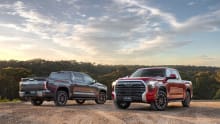
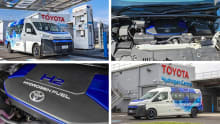

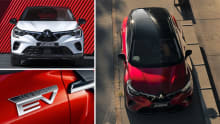
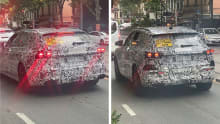
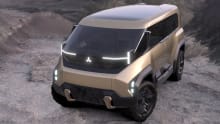
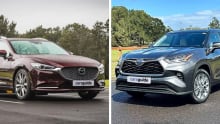

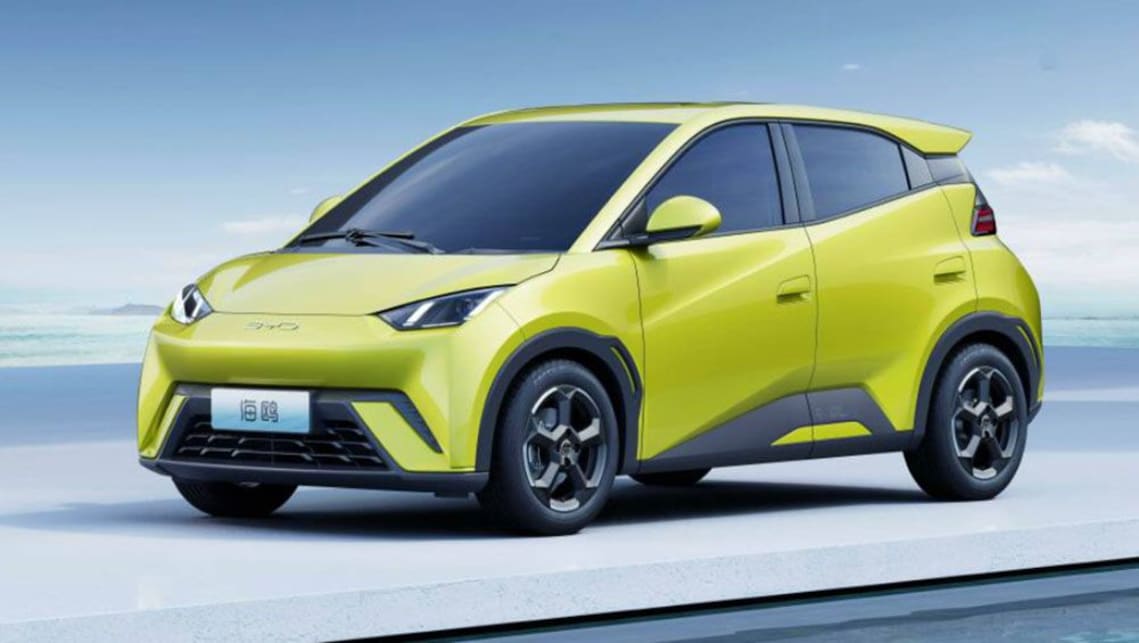





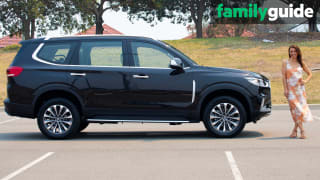
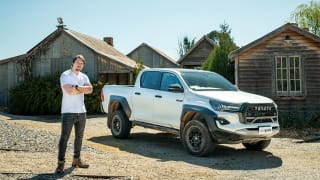
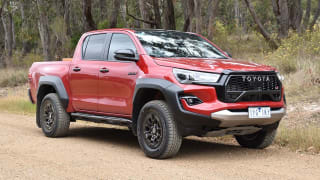
Comments